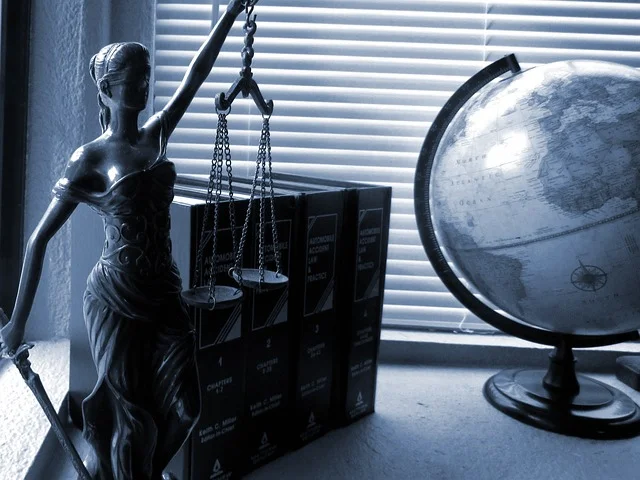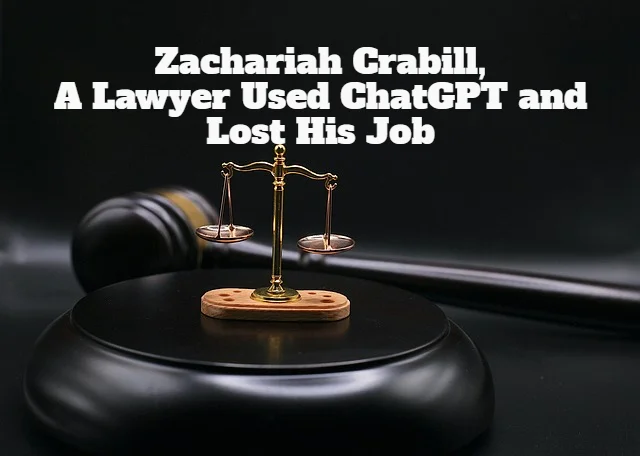In the ever-evolving landscape of the legal profession, technology has become an indispensable tool for lawyers seeking efficiency and accuracy in their work. However, as the case of Zachariah Crabill illustrates, the integration of artificial intelligence tools like ChatGPT isn’t without its drawbacks. In a surprising turn, Crabill found himself out of a job after the lawyer used ChatGPT to meet pressing deadlines, shedding light on the challenges lawyers face when incorporating AI into their daily routines.
Lawyer Uses ChatGPT: Unveiling the Event

The AI Solution for Zachariah Crabill
Crabill, a 29-year-old lawyer at Baker Law Group, turned to the AI Chatbot as a lifeline amidst the overwhelming pressures of tight deadlines and increased workloads. ChatGPT, a tool he had previously used for reliable legal research, seemed like the perfect solution to expedite the creation of a legal motion enriched with specifics from Colorado case law. However, relying on an AI tool turned out to have its pros and cons.
The Unfortunate Unveiling: Fake References and Legal Limbo
As Crabill submitted the motion drafted by ChatGPT to his boss and subsequently filed it with the Colorado court, little did he know that he was stepping into a legal minefield. Neglecting to cross-check the AI’s output proved to be a significant lapse. It led to the accidental inclusion of fabricated references to lawsuits that didn’t exist in the document. When Crabill endeavored to track down these purported cases within legal databases, a sense of disappointment enveloped him. The information crafted by ChatGPT appeared deceptively authentic and was entirely fictitious.
- Advertisement -
Facing the Consequences: From Courtroom to Unemployment
Realizing the gravity of the situation, Crabill admitted to the judge that he had utilized the AI chatbot to enhance the document, leading to the judge reporting him to higher authorities. This admission, unfortunately, became the catalyst for Crabill’s untimely dismissal from Baker Law Group. While Crabill denies ChatGPT being the sole cause of his termination, the incident underscores the importance of lawyers exercising caution when incorporating AI into their practice.
AI in Legal Practice: A Cautionary Tale of Zachariah Crabill
Crabill’s case is not an isolated incident, as other lawyers have faced repercussions for AI-related mishaps. In June, a New York-based legal practice faced a $5,000 fine due to an incident where one of its attorneys employed ChatGPT to compose a court brief. The document included references to legal cases and opinions that did not exist. These instances raise questions about the ethical considerations and the responsibility lawyers bear when leveraging AI tools in their legal practice.
Conclusion
In the wake of Zachariah Crabill’s unfortunate dismissal, the legal community is debating the implications of integrating AI tools like ChatGPT into daily practice. Crabill’s experience is a cautionary tale, highlighting the importance of verifying AI-generated work. However, it doesn’t negate the potential advantages that AI can provide to lawyers striving for increased efficiency. As the legal profession navigates the evolving landscape of technology, practitioners must approach AI with a discerning eye, verifying outputs and ensuring ethical use.


